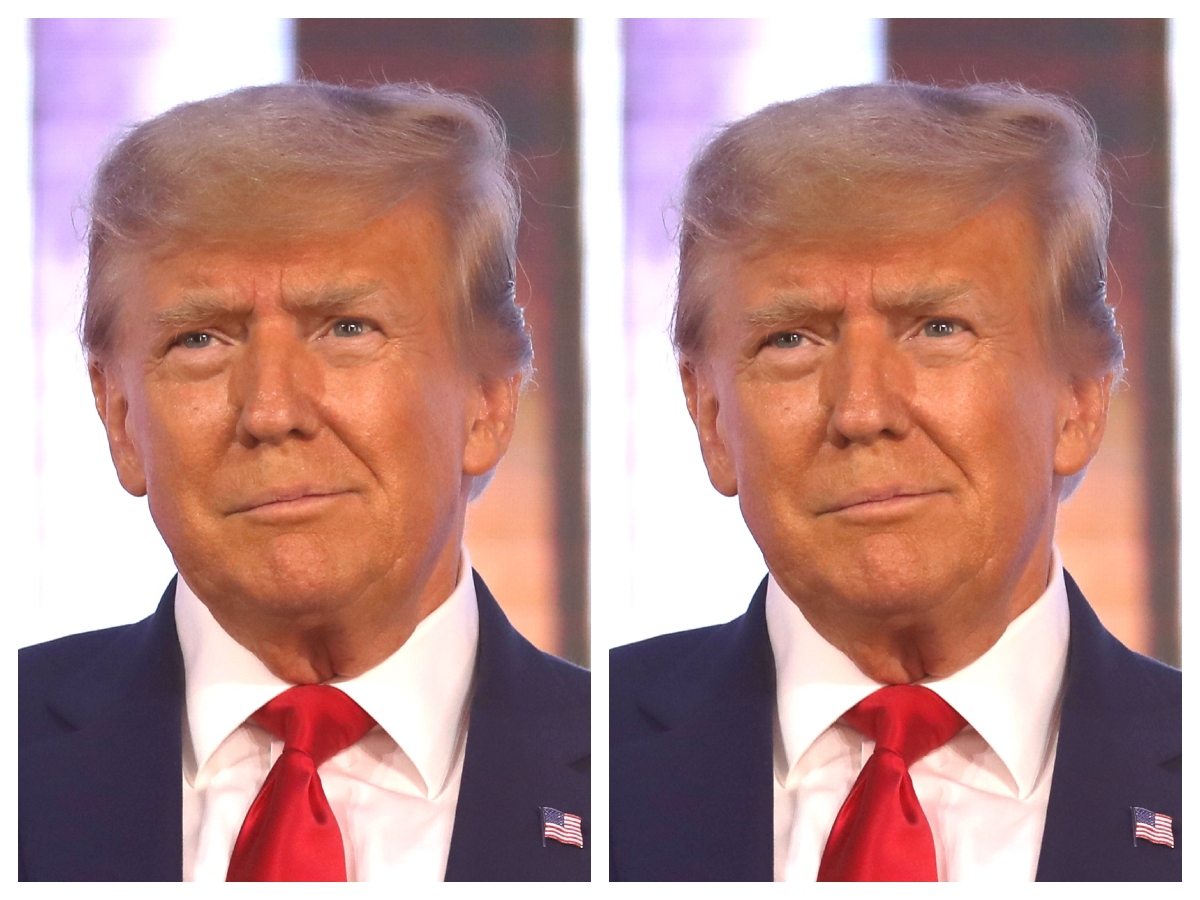The Massachusetts Institute of Technology (MIT) has rejected a White House initiative that ties future federal funding to universities’ acceptance of President Donald Trump’s political priorities.
President Sally Kornbluth said in a letter Friday that MIT “cannot support” the proposal, which she argued threatens both academic freedom and the independence of scientific research.
The White House compact, sent last week to nine elite universities, offers “substantial and meaningful federal grants” in exchange for adherence to Trump administration policies on campus speech, admissions, gender, and athletics. Universities were told to submit limited feedback by October 20 and make a final decision by November 21.
Kornbluth said MIT objects to provisions that would restrict speech or compromise institutional autonomy, describing the plan as inconsistent with the university’s principle that funding and recognition should be based solely on merit. “Therefore, with respect, we cannot support the proposed approach to addressing the issues facing higher education,” she reportedly wrote to Education Secretary Linda McMahon and White House officials.
READ ALSO: Federal money for political compliance? Trump’s offer to 9 major universities
Other recipients of the 10-page proposal include the University of Pennsylvania, Vanderbilt, Dartmouth, the University of Southern California, the University of Arizona, Brown, and the University of Virginia. The administration has not explained how it selected the schools.
The compact’s arrival has sparked resistance across academia and beyond. Students, faculty, and civil liberties groups have accused the government of political coercion, while some local officials have labeled it unconstitutional. Tucson’s mayor and city council, home to the University of Arizona, denounced it as an “unacceptable act of federal interference.”
Even conservative analysts have criticized the plan. Frederick Hess of the American Enterprise Institute called it “profoundly problematic,” saying the government’s demands are “ungrounded in law.”
At the University of Virginia, administrators have opened campus discussions on the proposal but warned that agreeing to the terms would be “very difficult.” Virginia Senate Democrats have gone further, warning they would pull state funding if the university endorsed the compact, which they called a “trap” designed to place higher education under federal political control.
California Gov. Gavin Newsom issued a similar warning to USC, signaling the issue’s potential to pit states against the government.
At Brown University, which already reached an earlier settlement with the White House in July, President Christina H. Paxson said Friday she is seeking campus input before responding to the new initiative.
The White House defended its plan in letters to universities, describing it as a chance to “strengthen and renew the mutually beneficial relationship” between government and higher education. Officials said the compact aims to reform a system they claim has grown politically biased while still enforcing compliance through other means.
Though Kornbluth did not formally decline participation, she suggested the deal was unworkable. She emphasized that MIT already follows many principles touted by the administration, including merit-based admissions and financial aid that makes college affordable. MIT reinstated standardized testing requirements after the pandemic and guarantees tuition-free education for undergraduates whose families earn under $200,000 annually.
“We freely choose these values because they’re right, and we live by them because they support our mission,” she wrote.
The proposal also demands significant structural changes on campuses. It would freeze tuition for U.S. students for five years and require schools with large endowments to waive tuition for those pursuing degrees in “hard science” fields. It further mandates that universities use standardized tests, disregard race and gender in admissions, and adopt the federal government’s binary definition of gender for sports and campus facilities.
Tagged as an effort to create a “vibrant marketplace of ideas,” the compact calls on universities to eliminate or restructure programs that “punish, belittle, and even spark violence against conservative ideas.”
READ ALSO: Coalition sues Trump over $100,000 H-1B visa fee, slams move as ‘illegal power grab’










